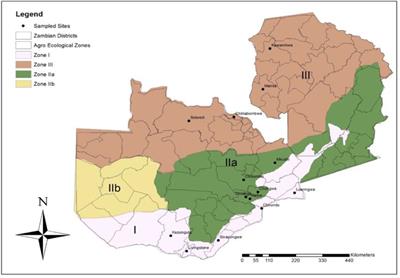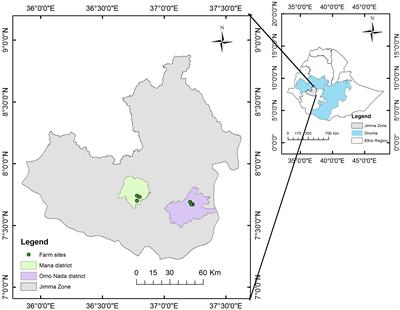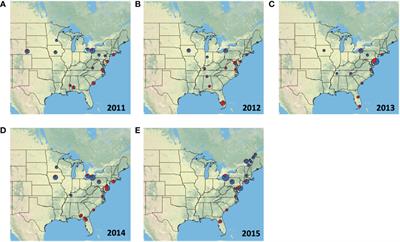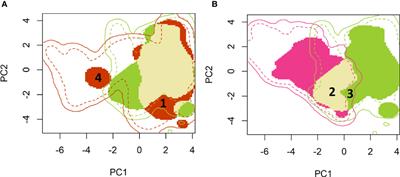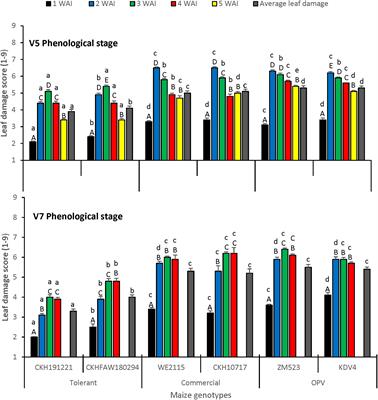ORIGINAL RESEARCH
Published on 23 Feb 2024
Impact of Bt corn expressing Bacillus thuringiensis Berliner insecticidal proteins on the growth and survival of Spodoptera frugiperda larvae in Colombia
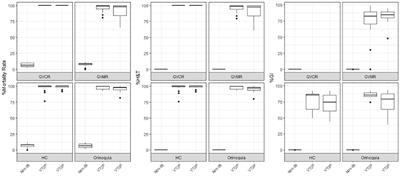
doi 10.3389/finsc.2024.1268092
- 1,417 views
- 2 citations
